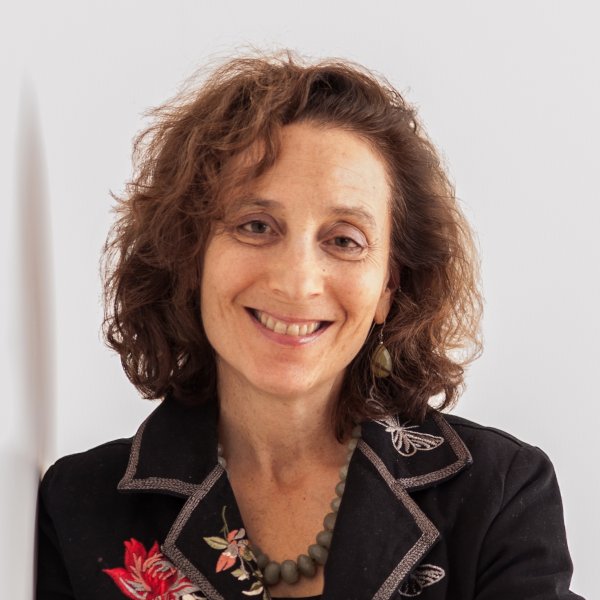 foto:Ganesh Ramachandran
foto:Ganesh RamachandranPeggy Levitt
Wellesley College
Peggy Levitt is the Mildred Lane Kemper Chair of Sociology at Wellesley College and a co-founder of the Global (De)Centre. Her latest book, Transnational Social Protection: Social Welfare Across National Borders (co-authored with Erica Dobbs, Ken Sun, and Ruxandra Paul) was published by Oxford University Press in 2023. Peggy co-directed the Transnational Studies Initiative and the Politics and Social Change Workshop at Harvard University from 1998-2020. She received Honorary Doctoral Degrees from the University of Helsinki (2017) and from Maastricht University (2014). She has held numerous fellowships and guest professorships including, most recently, at the Rockefeller Center in Bellagio, Italy (2024); the University of Bologna (2024); The Institute for Human Sciences (IWM) in Vienna (2023); and at the University of Edinburgh (2023). Her earlier books include Artifacts and Allegiances: How Museums Put the Nation and the World on Display (University of California Press 2015), Religion on the Edge (Oxford University Press 2012), God Needs No Passport (New Press 2007), The Transnational Studies Reader (Routledge 2007), The Changing Face of Home (Russell Sage 2002), and The Transnational Villagers (UC Press 2001).
Opening plenary: « Decentering migration theories: building knowledge and social theories from non-Western contexts »
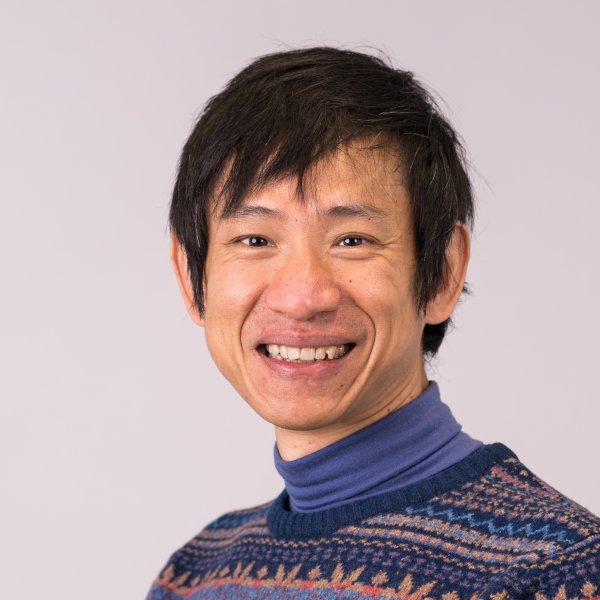
Biao Xiang
Max Planck Institute for Social Anthropology (Germany)
Born and raised in China, Xiang Biao is currently a director of the Max Planck Institute for Social Anthropology in Germany, and was a Professor at the University of Oxford before that. He has worked on migration and social changes in China, India and other parts of Asia. He is now exploring a “common concerns” approach in social research.
Opening plenary: « Decentering migration theories: building knowledge and social theories from non-Western contexts »
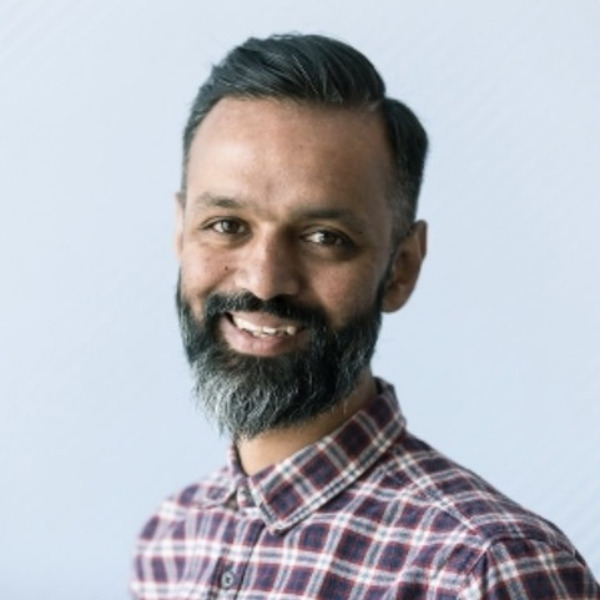
Darshan Vigneswaran
University of Amsterdam
Darshan Vigneswaran is the Co-Director of the Institute for Migration and Ethnic Studies and Associate Professor at the Department of Political Science, University of Amsterdam. He is also a Senior Editorial Fellow at the journal Migration Politics. His research aims to understand and explain deep changes in the structure of international politics and his work is primarily interested in how the state's claim to territory has been reconfigured in response to changing patterns of human mobility and settlement. He is the author of Territory, Migration and the Evolution of the International System (2013) and co-editor of Mobility Makes States: Migration and Power in Africa (2015). He currently is involved in two Swedish Research Council funded projects on the Externalization of Migration Control and Migrant Protection in South-East Asia.
Opening plenary: « Decentering migration theories: building knowledge and social theories from non-Western contexts »
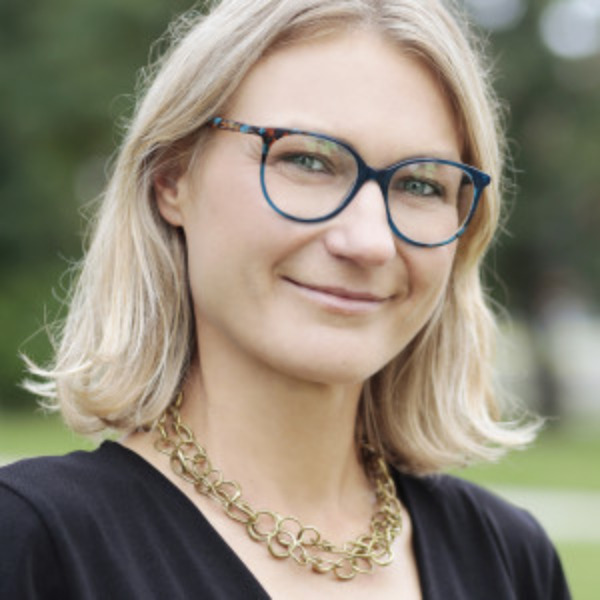
Magdalena Lesińska
University of Warsaw
Assistant Professor in the Centre of Migration Research at University of Warsaw (CMR UW) and Chairwoman of the Committee of Migration Research of Polish Academy of Science. Her present research includes diasporas in the CEE region, migration and diaspora politics, state-diaspora relations.
Opening plenary: « Decentering migration theories: building knowledge and social theories from non-Western contexts »
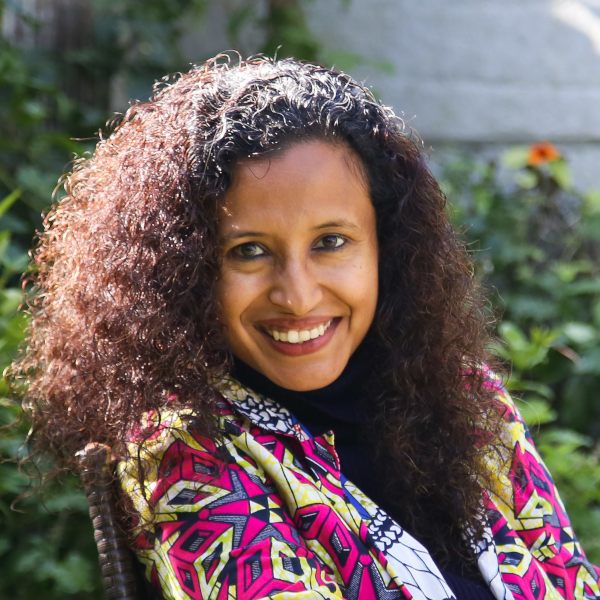
Amrita Pande
University of Cape Town (South Africa)
Amrita Pande is Professor at the department of Sociology at University of Cape Town, South Africa. Her research lies at the intersection of globalization and the intimate, with a focus on reproductive mobility, repro-genetic justice, and mobile ethnography. Her most recent books include Epistemic Justice and the Postcolonial University (With Chaturvedi and Daya, Wits and NYU Press, 2023), Birth Controlled: Selective Reproduction and Neo Eugenics in India and South Africa (Manchester Univ Press, 2022), and Scripting defiance: Four Sociological Vignettes (With Ari Sitas, Sumangala Damodaran, Wiebke Keim, and Nicos Trimikliniotis, Tulika Books and Columbia University Press, 2022). Her award winning book Wombs in Labor: Transnational Surrogacy in India (Columbia University Press 2014) has been made into a multimedia performance, Made in India: Notes from a Baby farm (Global Studies Production, Denmark), which she performs across the world.
Plenary session 2: Health, Birth, Bodies, Death
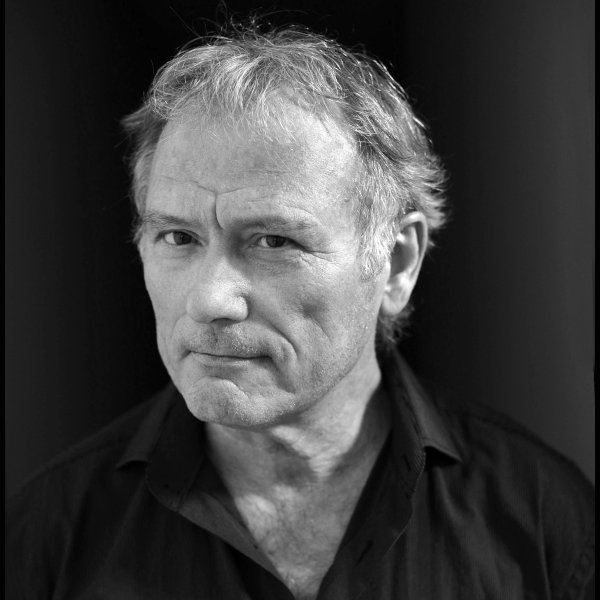
Michel Agier
Hautes Études en Sciences Sociales
Michel Agier is an anthropologist, Professor at École des Hautes Études en Sciences Sociales (EHESS – School of Advanced Studies in the Social Sciences), as a member of the Centre d'études des mouvements sociaux (CEMS), and Emeritus Senior Researcher at Institut de Recherche pour le Développement (IRD). Following former research in urban anthropology and racial and ethnic studies in Africa, Brazil and Colombia, since 2000 he has conducted and coordinated fieldwork in Africa and Europe on border situations, refugee’s camps and the migrant condition. Websites: https://www.ehess.fr/fr/personne/michel-agier and https://ehess.academia.edu/MichelAGIER
Plenary session 2: Health, Birth, Bodies, Death
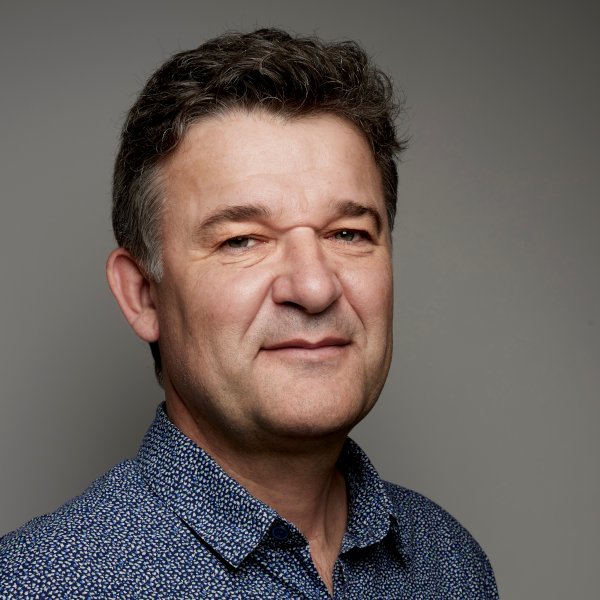
Jean-François Corty
Médecins du Monde
Jean-François Corty is a medical doctor and has been since 2024 President of Médecins du Monde, a major international medical NGO. Doctor, graduate in political science and anthropology, engaged for nearly twenty years in humanitarian and medico-social action in France and internationally within international solidarity NGOs, he has held several positions at Médecins sans Frontières in the field (Eritrea, Liberia, Afghanistan, Niger, Iran) and at headquarters between 2000 and 2008, then Director of Operations of the Médecins du Monde between 2009 and 2018.
Lecturer at the Institute of Political Studies in Toulouse and at the University of Paris 1 Panthéon Sorbonne, he is also associate Research Fellow at IRIS (EHESS, CNRS, Inserm, U. Sorbonne Paris Nord).
He and Medecins du monde are partners of IC Migrations, notably on the Palestine action research project on health in the West Bank and Gaza. He is the author of several books as “Profession solidaire, chronicles of reception” (ed. Steinkis/Les Escales, June 2020); “France that welcomes” (ed. de l’Atelier, 2018).
Plenary session 2: Health, Birth, Bodies, Death
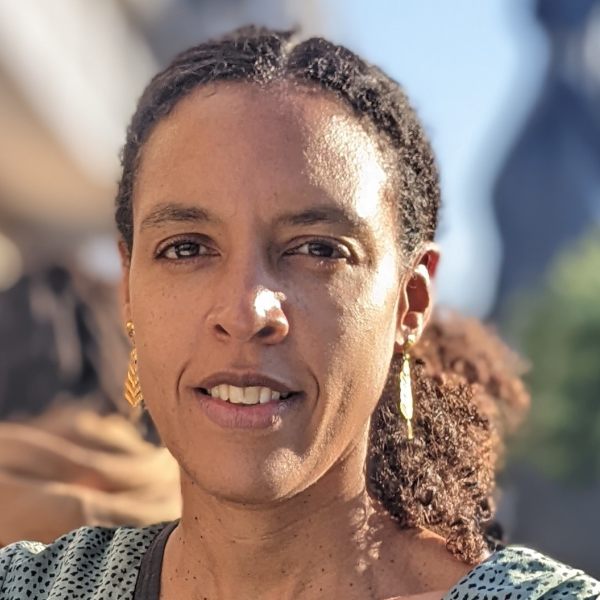
Aïssatou Mbodj-Pouye
Centre national de la recherche scientifique (France)
Aïssatou Mbodj-Pouye is an anthropologist at the Centre national de la recherche scientifique, conducting fieldwork Mali, Senegal and France. Her last book, An Address in Paris. Emplacement, Bureaucracy, and Belonging in West African Hostels (Columbia University Press, 2023), studies the ambiguities of a state-sponsored system of housing and the contentious role it has played for generations of migrants. Combining the topic of migration with her long-standing interest in popular culture and vernacular expressive forms, her current project examines how emigration is debated in the region of Kayes, Mali, through the study of a radio station and its sound archives.
Plenary session 3: Decentring migration: Unheard voices
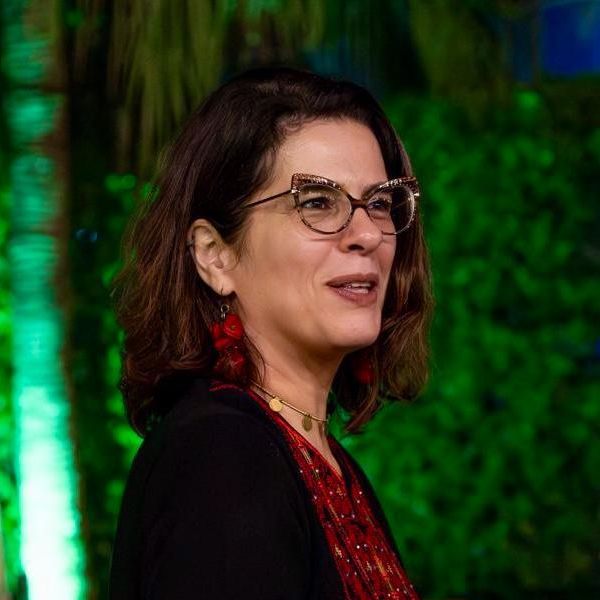
Ana Carolina de Moura Delfim Maciel
State University of Campinas (Brazil)
Ana Carolina de Moura Delfim Maciel is researcher and professor in Postgraduate Multimeios Departement at the State University of Campinas (UNICAMP/BRAZIL). Trained in history, audiovisual and memory studies, she has been also working as a director of film documentaries. She is currently the President of Refugee’s Chair “Sérgio Vieira de Mello” (UNICAMP/UNHCR), International Fellow at Institut Convergences Migrations (ICM) and former coordinator of research centers at COCEN/UNICAMP. Completed post-doctorate at The University of São Paulo (USP), holds a BA in history from the UNICAMP (1994), an MA in multimedia from the UNICAMP (2000), a PhD in history from the UNICAMP (2008) with a doctorate in history and biography carried out at the EHESS (Paris, 2006).
Plenary session 3: Decentring migration: Unheard voices
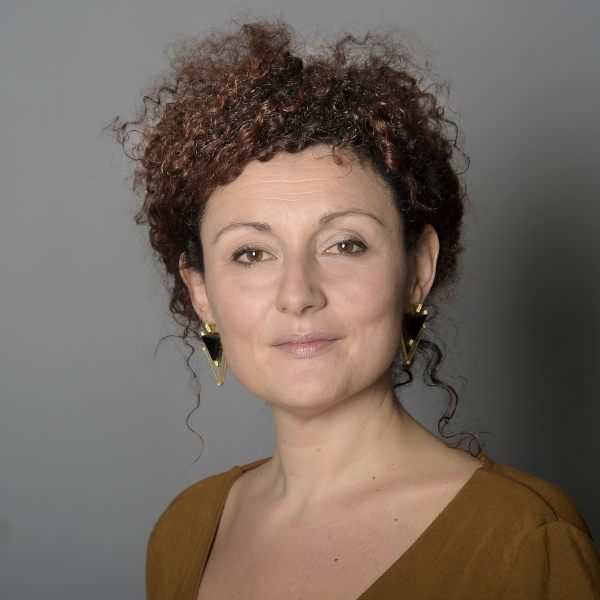
Sara Prestianni
EuroMed Rights (Brussels)
Sara Prestianni is the Advocacy Director at EuroMed Rights, a network representing 68 organizations active in 30 countries on both shores of the Mediterranean, based in the Brussels office since March 2020. Since 2004, Sara Prestianni has focused her research and advocacy efforts on the Mediterranean and Sahel regions, particularly in the fields of migration and European Southern neighbourhood policies. She has contributed to several reports on human rights violations at the internal and external borders of the EU, as well as to the Atlas of Migrants in Europe, a critical geography of migration policies (Armand Colin 2009, 2012, 2021). She co-authored Je m’y suis réfugié là ! Bords de route en exil (Ed. Donner Lieu 2011) with Michel Agier and participated in the collective work Un monde de camps (Ed. La Découverte, 2014).
Plenary session 3: Decentring migration: Unheard voices
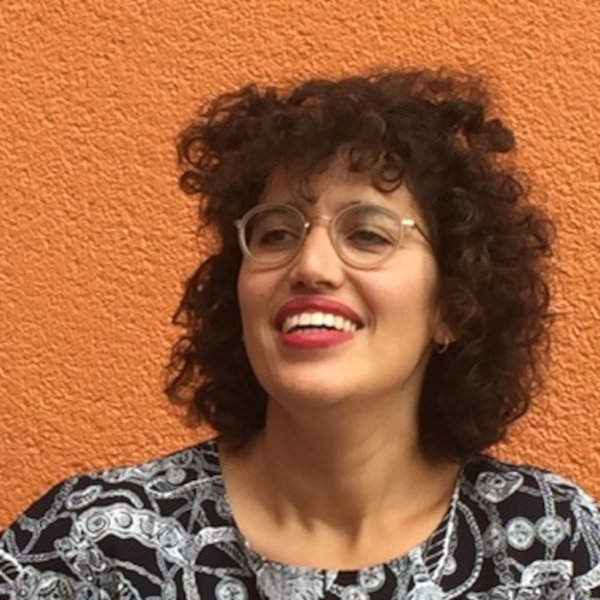
Nora El Qadim
University Paris 8
Nora El Qadim is an Associate Professor of political science at the University Paris 8, a fellow of the Institut Convergences Migrations and a fellow of the Institut universitaire de France. Her research has focused on migration and border policies, and more recently on archival policies. She has published extensively, in French and in English, on migration policies and migration diplomacy. She is a member of the board of the European International Studies Association and is also an editor of International Political Sociology, and serves on the editorial board of Migrations Politics and Cultures et Conflits.
Plenary session 4: « Géopolitique des migrations »
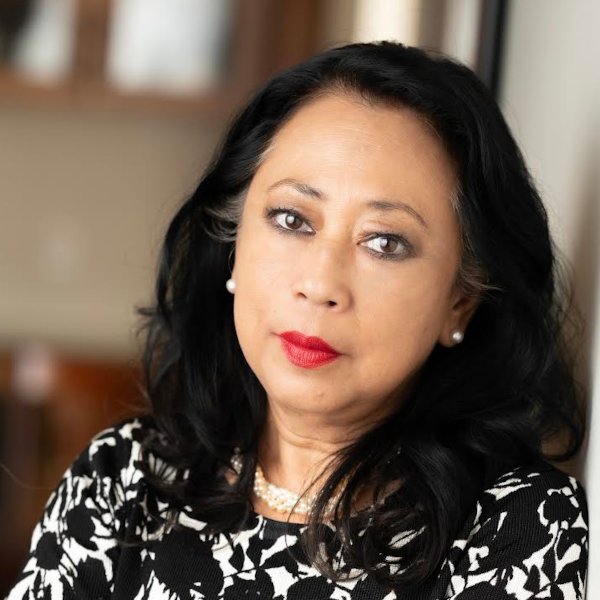
Khatharya Um
University of California (Berkeley)
Khatharya Um is a political scientist, Associate Dean and Associate Professor in the Department of Ethnic Studies at the University of California, Berkeley, and Co-founder of the Critical Refugee Studies Collective.
Her research and teaching center on migration and critical refugee studies, and peace and conflict studies, with a focus on Asia and Asian diasporas. An internationally acclaimed scholar, her groundbreaking research illuminates the global impact of war, genocide, and forced migration. Her recent publications include Générations Postrefugiées: Les descendants des réfugiés d’Asie du Sud-Est en France. An impassioned community advocate, she is widely recognized for her engaged scholarship and intellectual leadership, including as recipient of the prestigious Fukuoka Academic Laureate prize. A refugee scholar, she is the first Cambodian woman to receive a Ph.D. in the US.
Plenary session 4: « Géopolitique des migrations »
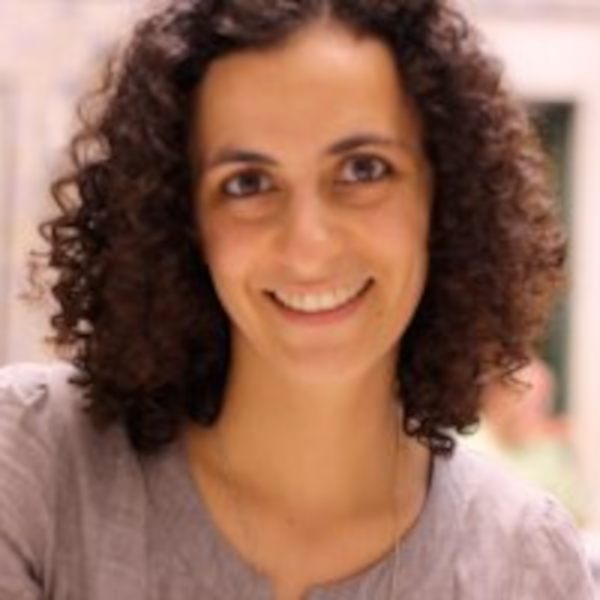
Chowra Makaremi
School for Advanced Studies in the Social Sciences (Paris)
Chowra Makaremi is a CNRS tenured researcher in the Laboratoire d’Anthropologie Politique at the School for Advanced Studies in the Social Sciences (EHESS) in Paris. She has coordinated collective volumes on border control and detention in Europe (Enfermés dehors. Enquête sur le confinement des étrangers (Le Croquant, 2009) with C. Kobelinsky ; Entre accueil et rejet. Ce que les villes font aux migrants (Le passager clandestin, 2018) with V. Bontemps et S. Mazouz).
Since 2011, she has been working on the Iranian revolution of 1979, the genealogy of the Islamic Republic and the question of state violence, based on an ethnography of archives.
Closing plenary: « Science as a profession, activism and imaginaries »
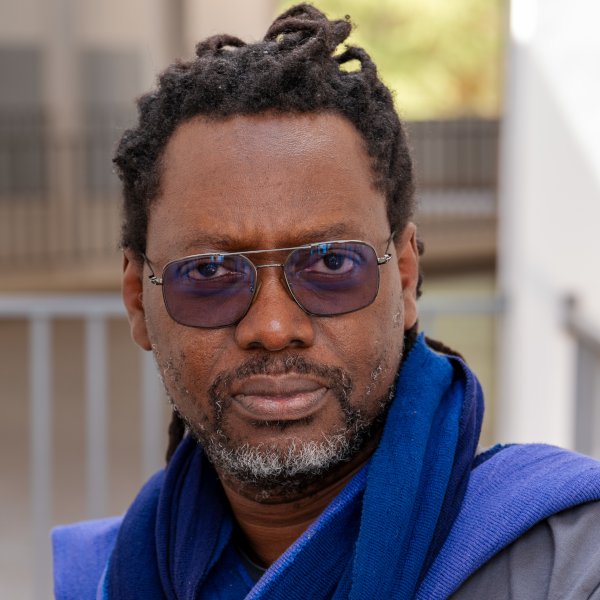
Abdourahmane Seck
Université Gaston Berger de Saint-Louis (Senegal)
Abdourahmane Seck, an academic based at the Université Gaston Berger de Saint-Louis, has an extensive background in philosophy, anthropology, and African history. Over the past fifteen years, he has focused on studying the (de)production of social and symbolic connections in Africa, with specific interests in religion, politics, migration, and decolonial historiography. Seck possesses in-depth knowledge of the West African and Senegalese contexts, which is enhanced by his involvement in activism and organizations on the continent and within diasporic communities. Currently, Seck teaches at the Centre pour l'étude des religions and is affiliated with the Faculté des civilisations, des religions, des arts et de la communication. He has authored numerous publications on topics including Islam, South-South migration, and the concept of shared communality in Africa. Seck is currently Chairman of the Groupe d’Action et d’Étude Critique – Africa (a Decolonial Collective based at Saint-Louis, Senegal).
Closing plenary: « Science as a profession, activism and imaginaries »
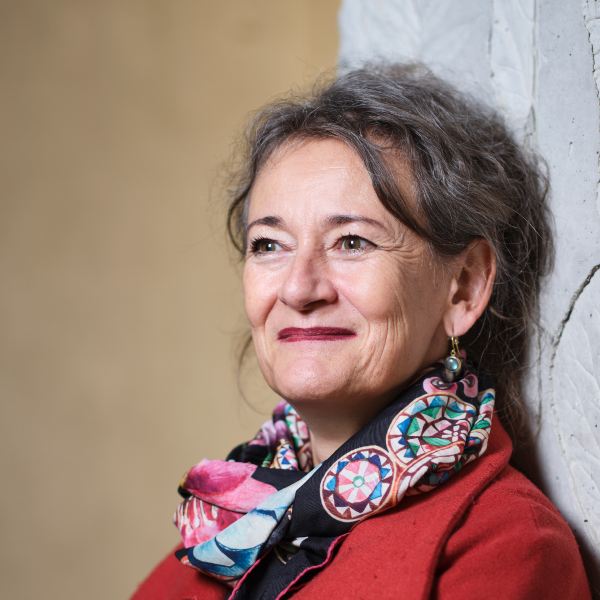
Janine Dahinden
University of Neuchâtel
Janine Dahinen is a Professor of Transnational Studies and interested in understanding (de)migraticization, mobility, transnationalisation and boundary making, and their concomitant production of inequalities that are related to ethnicity, race, class, and gender. As such her research contributes to three domains: Reflexivities and knowledge production in migration studies, the social organization of 'difference' and mobility studies.
Closing plenary: « Science as a profession, activism and imaginaries »
